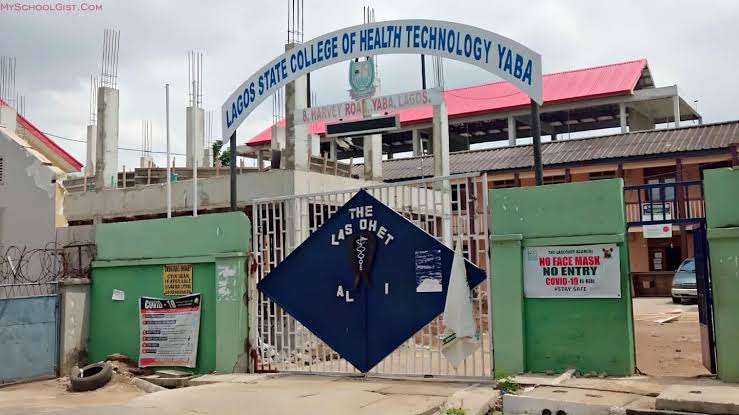Tesla Under Scrutiny: Can Elon Musk's Leadership Weather Two Major Legal Battles?

Tesla Faces Mounting Legal Pressure, Questioning Elon Musk's Reliability
Tesla, the electric vehicle giant spearheaded by Elon Musk, is currently navigating a turbulent period marked by two significant legal cases. These cases aren't just about accidents; they're raising a fundamental question: can Elon Musk, and by extension, Tesla, be trusted to prioritize safety and accountability?
The first case centres around a fatal accident in Florida involving a Tesla Model X. The plaintiff alleges that Tesla's Autopilot system malfunctioned, contributing to the crash. This lawsuit has already garnered substantial attention and has the potential to set a precedent for future cases involving autonomous driving technology. The focus is not solely on the technology itself, but on Tesla’s handling of safety concerns and its communication with drivers regarding the limitations of Autopilot.
Adding to the complexity is a separate case in Miami, which presents its own unique challenges. Lawyers representing the family of Naibel Benavides Leon, who tragically lost her life in a car crash involving a Tesla, have successfully convinced the presiding judge to allow them to argue for punitive damages. This is a crucial development. Punitive damages are awarded to punish the defendant for particularly egregious conduct and to deter similar behaviour in the future. A legal expert not directly involved in the case, but closely monitoring its progress, suggests that punitive damages could potentially cost Tesla tens of millions of dollars, or even exceed that figure. This highlights the severity of the allegations and the potential financial repercussions for the company.
The Stakes are High: Beyond Financial Costs
The financial implications are undoubtedly significant, but the impact extends far beyond dollars and cents. These legal battles are eroding public trust in Tesla's safety record and Elon Musk’s leadership. Musk's often-controversial public statements and his tendency to downplay safety concerns have fuelled criticism and raised questions about his commitment to responsible innovation. The outcome of these cases could significantly influence consumer perception of Tesla vehicles and impact the company's future sales.
The Punitive Damages Argument: A Turning Point?
The Miami case's allowance for punitive damages is particularly noteworthy. It signals that the courts are willing to scrutinize Tesla's actions beyond simply determining liability. It opens the door for the plaintiffs to argue that Tesla acted recklessly or with a disregard for human life. This could involve examining Tesla's internal safety protocols, its response to prior incidents, and its marketing practices regarding Autopilot.
Looking Ahead: What's Next for Tesla?
Tesla faces a challenging road ahead. The company will need to mount a vigorous defense in both cases, addressing the safety concerns raised by the plaintiffs and attempting to restore public confidence. The outcome of these legal battles will not only determine the fate of these specific cases but also shape the future of Tesla and the broader autonomous driving industry. A focus on enhanced safety measures, transparent communication, and a commitment to accountability will be crucial for Tesla to navigate these turbulent times and maintain its position as a leader in the electric vehicle market. The question remains: can Tesla, under Elon Musk's leadership, regain the trust it has lost?






